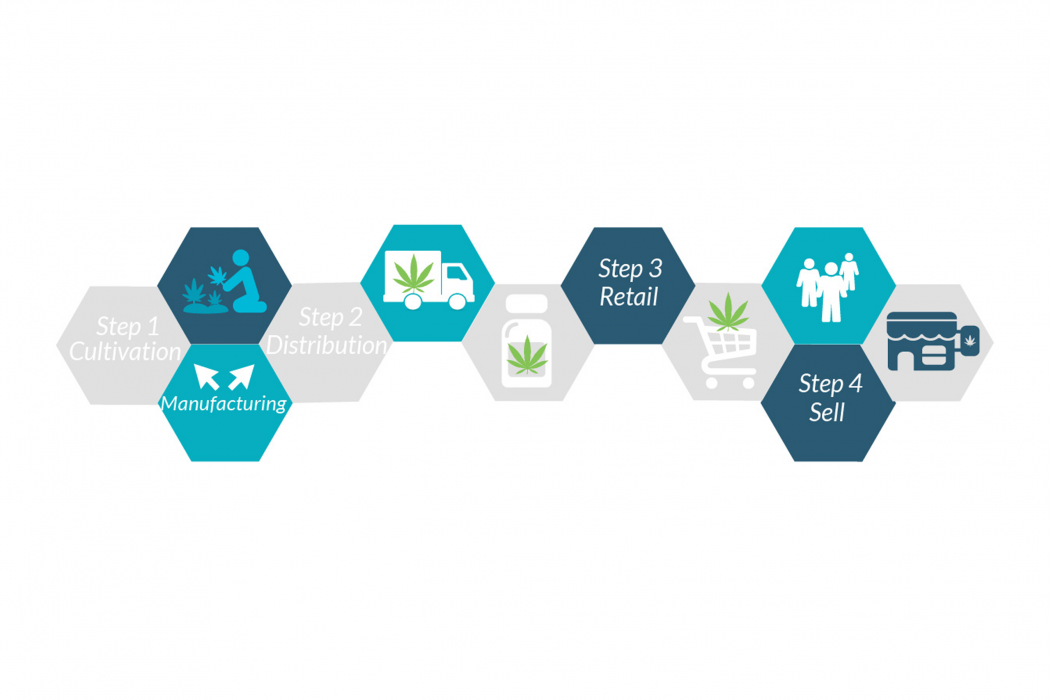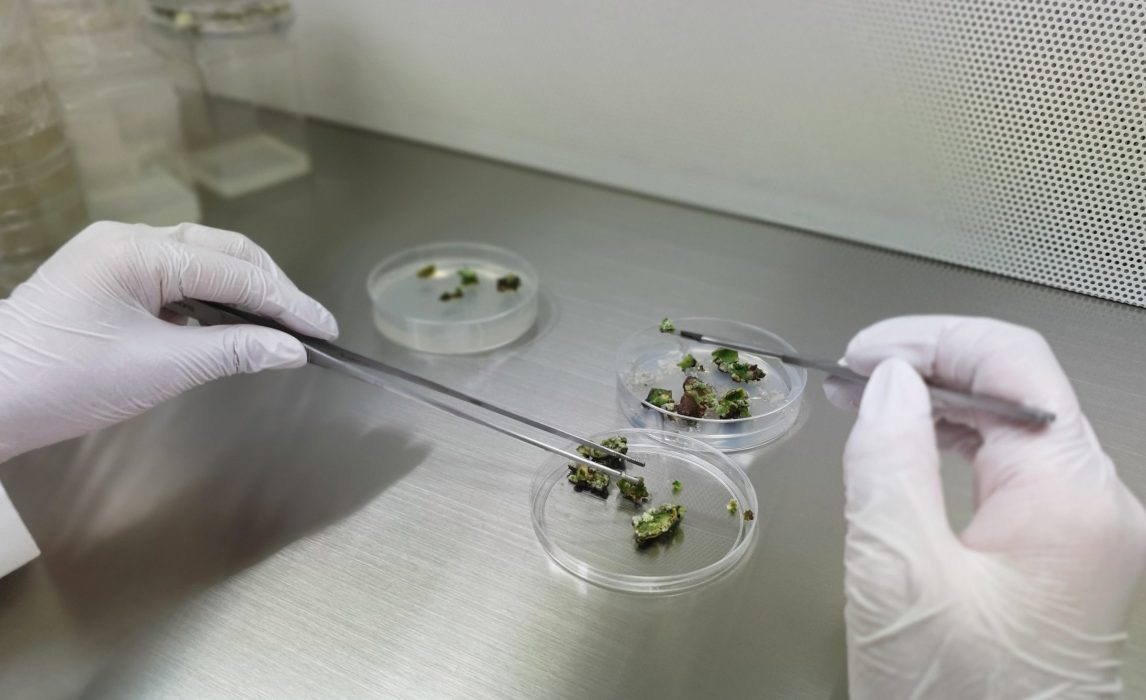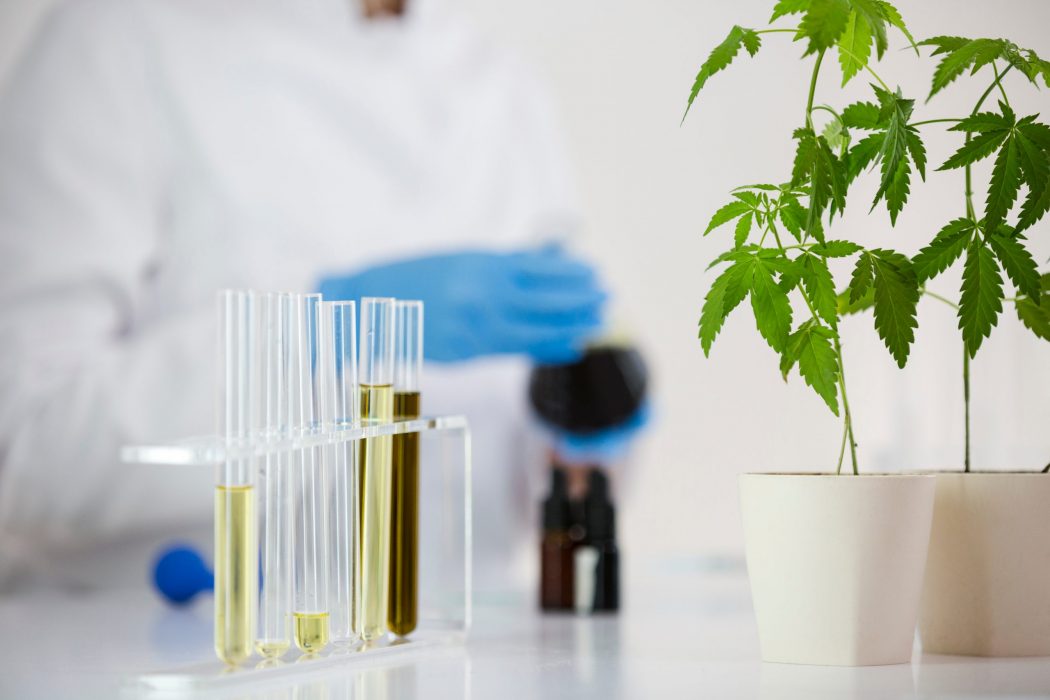The What, Why, and How of Seed-to-Sale Tracking

December 20, 2018 was a monumental day for the hemp industry. That’s when the Agriculture Improvement Act of 2018 (more commonly known as the 2018 Farm Bill) legalized the cultivation and sale of hemp at the federal level. Prior to the 2018 Farm Bill, hemp was classified as a Schedule I substance under the Controlled Substances Act (along with narcotics like LSD, ecstasy and heroin). The new law removed the classification, making it legal to possess, cultivate, distribute, and sell federally.
This put hemp & CBD businesses in the clear, right? Not so fast.
A change in law doesn’t mean laxed regulations — hemp and cannabis producers, processors, distributors and retailers still face intense scrutiny over the entire production and sales process. This starts once the seed is planted through the moment the end-product is sold.
Enter seed-to-sale tracking.
The product lifecycle of the cannabis plant has many moving parts. Tracking spans raw materials and their origins, cultivation variables, movement and transportation history, operational output, retail / medical sales data and beyond.
Proper seed-to-sale tracking not only satisfies complex regulatory requirements. It also provides enhanced visibility into critical aspects of the plant’s production and commercial lifecycle. This is valuable for regulators who seek to keep production safe, and for business operators who depend on accurate data to make smart decisions.
Seed-to-sale tracking helps you evolve quickly.
The seed-to-sale chain of custody provides a life-story of cannabis plants that help ensure businesses stay compliant with everchanging laws and strict safety requirements. Regulators want to know that cannabis businesses are operating within the context of federal and local laws and are honest with paying taxes on business profits.
And with legal cannabis expected to generate $28 billion in tax revenue for federal, state, and local governments, it makes sense that regulators would want to have a precise history of sales figures through the plant’s lifecycle. In addition, an industry-wide seed-to-sale tracking system prevents product abuse and establishes standards on quality and consumer safety.
The business wins — beyond compliance
The benefits of using seed-to-sale tracking systems extend beyond satisfying government requirements — detailed tracking provides real-time insight into operational efficacy across the supply chain. Savvy business operators use seed-to-sale data to inform inventory, product quality, processing improvements, and sales trends, and many rely on it to steer business strategy and drive innovation.
Pinpointing efficiencies in the supply chain can help reduce the average cost-per-gram and increase profit margin — a necessity given the increase in competition and decrease in price.
Whether it’s by improving pest control, increasing yield, achieving better terpene / cannabinoid content, reducing theft, improving manufacturing, or fine-tuning the sales process, seed-to-sale tracking exposes gaps and bottlenecks from start to finish.
Seed-to-sale tracking is simpler than you think.
Tracking from seed to sale can seem overwhelming given the complex regulatory requirements and wide breadth of data that’s collected. Seed-to-sale tracking systems like KLER’s is purpose-built for the hemp industry and designed to simplify the process. The platform reduces manual work and lets you access actionable insight effortlessly.
- Track biomass containers by tagging them with unique barcode identifiers associated to the harvest, making all compliance data readily available.
- Identify and organize all associated costs, including costs of consumables, labor, utilities and more.
- Create unique IDs to track location movement, harvest dates, strain type, field location, license numbers, cultivar, test results and beyond.
- Manage extraction of CBD oils, production of CBD infused food and beverages, and exploit the zero-waste potential of hemp.
- Achieve high-level operational visibility throughout the harvest and production process with testing tracking right from the start with seed or clone testing comparisons to true harvest results.
- Manage inventory and harvest expenses, print invoices and shipping manifests, and add minimum and maximum levels to make reordering more efficient.
- Handle transactions with a built-in sales module and wholesale modules, and track all sales data across different channels.
- Harness data with flexible and customizable reports, as well as tools for multi-level filtering, grouping and sorting of mission-critical data. Any reporting solution should offer simple, flexible and straightforward end-user customization options to evolve with business needs.
KLER provides an advantage for hemp cultivators, toll processors, extractors and retailers by distilling critical regulatory and operational data into an all-in-one platform. Click here to explore our solution more and request a demo.




